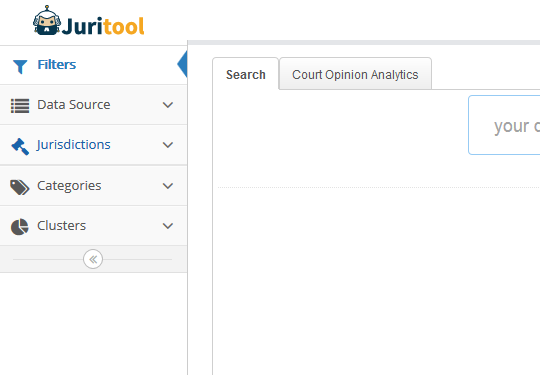Often we, lawyers are usually tasked with carrying out case lookup on pretty much all assignments, whether job-related or class-related. Part of the turnaround time of any task or assignment requiring research depends on how much time we spend on the case. More importantly, it also depends on the effectiveness of the case we are trying to lookup. Having these two factors ironed out will put you ahead of the game. That’s where we always want you to be.
Let’s understand what case lookup is. Case lookup is the practice of filtering through various court cases, anywhere from speeding tickets to felony crimes, to pick up basic information regarding a case plus its location. The legal material can be in both digital and physical forms. The significance of carrying out this research is to have a clarified approach to a case. You need to understand the socio-political and emotional standpoint of the factors leading to the outcome of a given case. Otherwise, without this understanding, you will not be effective in your case.
Case lookup has taken two principal channels: Manual and digital. Let’s talk a little deeper about these forms:
This is the most unsophisticated method of doing your court case lookup. You will need a good law library, ideally with an appropriate taxonomy of all the court files and a comfortable desk. Manually looking through the court records, you can locate the relevant case if you know the case number, the District Attorney (DA), names of the parties linked to the case, or any other information as guided by the librarians.
The main challenge with this method is the amount of time taken. You might not be having all day to run across town to the law library. The case might be requiring immediate action and so you may not be able to deliver.
This is simply the digital records of the law libraries. Often times, they are cumbersome to get through. Some law libraries will keep records for certain periods before wiping them off their online database. For others, they might not have, for instance, Register of Actions information on all their cases.
Where does that leave you, if you wanted legal documents from 12 years ago? Now you see my point. Again, not only are these online libraries a little tiresome to use, they have dull and poor interactive experiences. The results retrieved are, in many cases, only in textual form. No connecting maps, no diagrams, no graphs, no tables. As a result, gathering the necessary information becomes delayed.
With the Risk Analysis tool, you will be able to analyze the outcome of similar cases and predict your chance of winning, losing or reaching a settlement.
These are your LexisNexis, Westlaw, Google Scholar, Fastcase all the rest. These sites will give you public access to court information. Some may require payment while others might not. Performing your case lookup is as simple as logging in, using the search tool to search for your case and going through the results in order to find the relevant information to your case. Results you get might be in text or annotated maps and graphs among others.

However, the catch is increasingly being the cost of these services. While other case lookup tools might be free, their substance might not be equally regarded when presented in front of a jury. Their expensive counterparts might, on the other side, dig a hole in your pocket. With a hefty subscription and additional research costs, solo lawyers or small firms might not be able to keep up.
So how can we make case lookup a bearable, if not enjoyable practice? The answer lies in Juritool’s advanced features and a competitive price point.
Once you have opted for Juritool or even just subscribed for the 2 weeks trial, we will let you upload your local legal database to our website. Here’ all your files will be smartly organized in categories that you can be able to navigate through. With an organized database we can then be able to easily scan through during your case research.
All searches made on Juritool will make cross-references with your database and internet sources. That means you’re getting results from your local content as well as online material, which can then be helpful in trying to make connections and trends in your case. This is adding a lot more value to your case, all in one click.
For effective case lookup, Juritool, through advanced analytics and Case DNA, will enable you to visualize the case which you are searching on. You will be able to see any present trends and patterns that might be useful in predicting the case outcome. Case DNA will recommend to you additional material on the internet that you can use to further build your case understanding.
For any case lookup, it is important to understand the past, be in the present and ultimately see the future of the case. With Juritool’s functionality, you will be empowered to see these three states in a short period of time. You will be where we want you, and everyone else doesn't. Ahead.